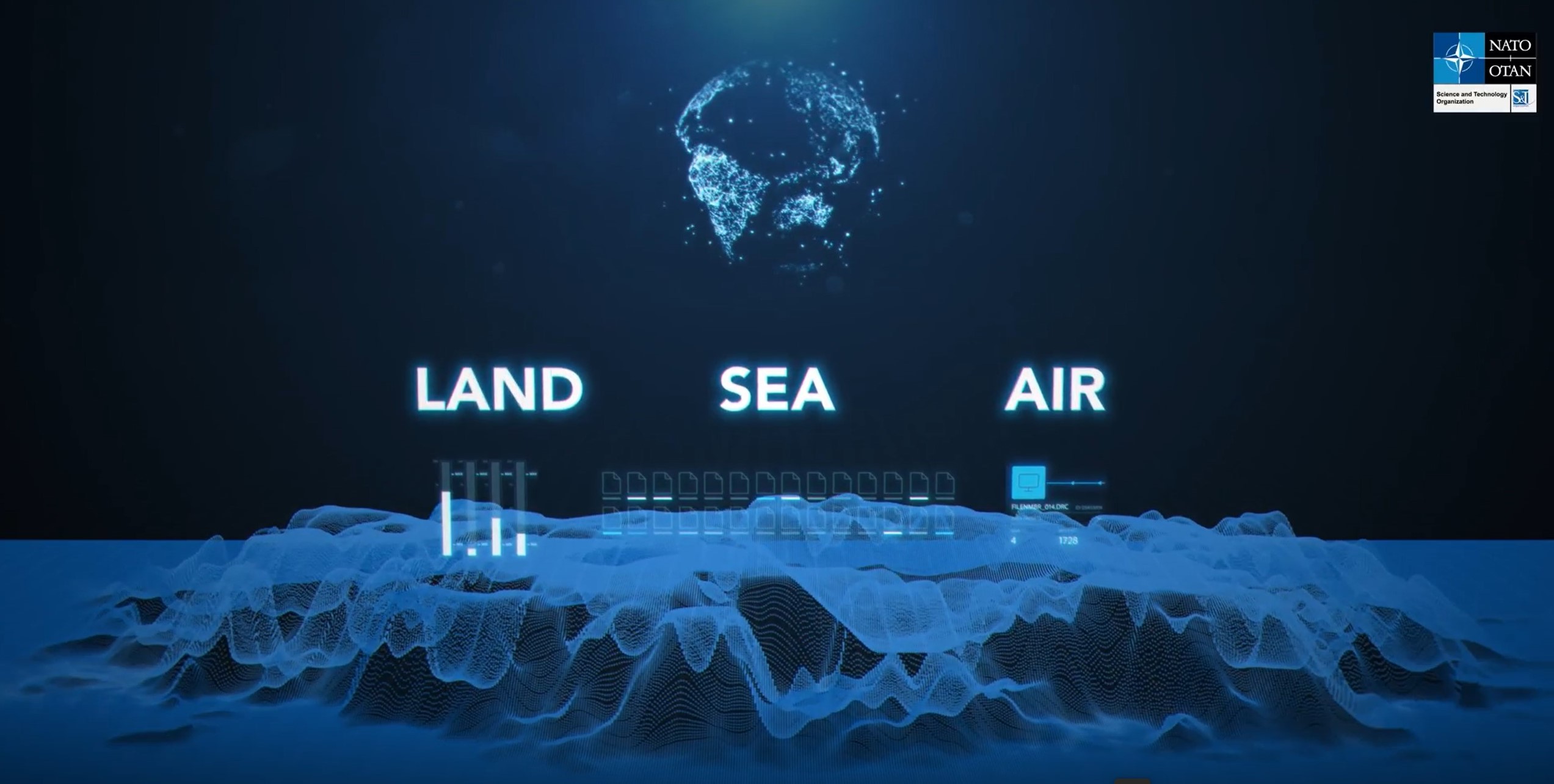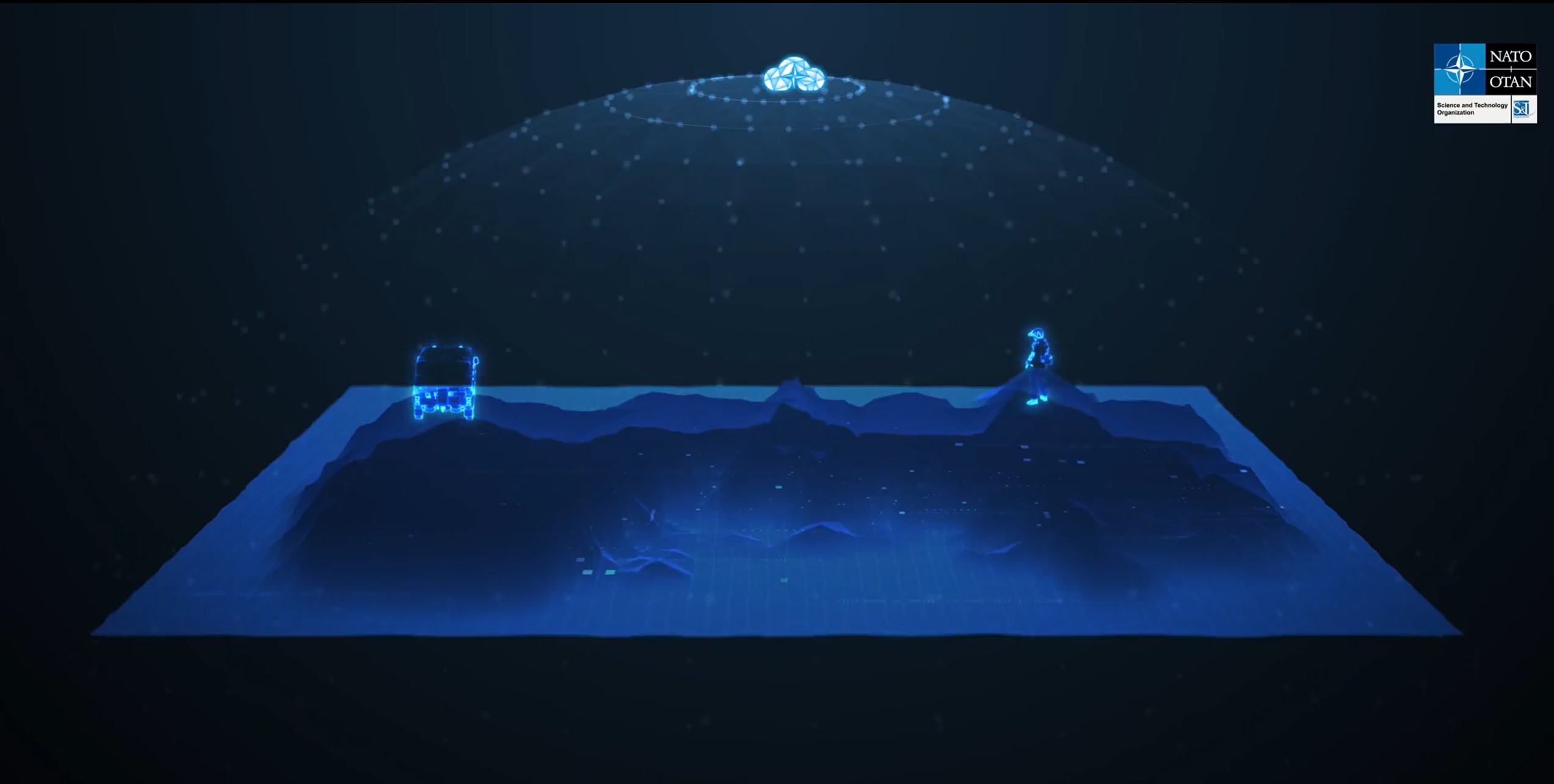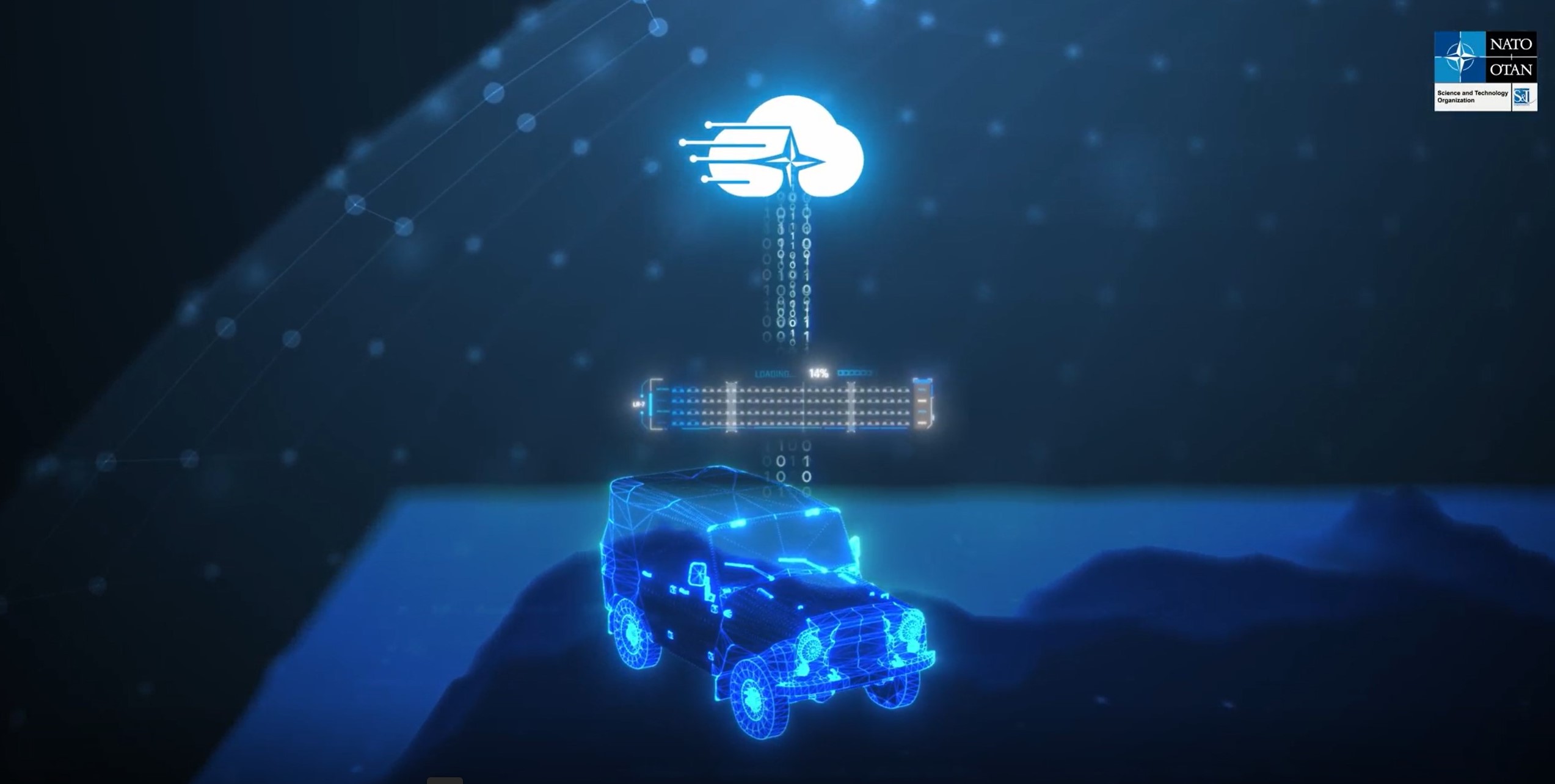"Sovereign national clouds that act as if they were one"
Since Russia's annexation of Crimea in 2014 and the start of its war of aggression against Ukraine in February 2022, the European security order and, as a result, the mission and direction of the Bundeswehr have changed significantly. Its ‘new old’ core mission is once again national and alliance defence – in close cooperation with NATO and its member and partner nations. Research within NATO creates the necessary standardisation and capabilities to make the alliance fit for its defence tasks. The major challenges include, for instance, uninterrupted communication and cooperation in joint operations. The NATO research group "Edge Computing at the Tactical Edge" (IST-193) is working on an important prerequisite for this: the federation of the various national clouds.
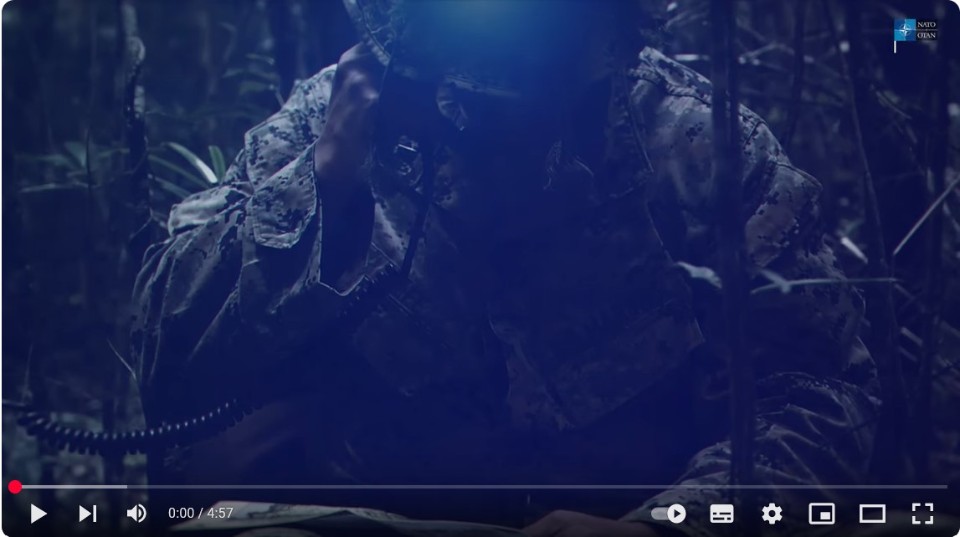
Privacy warning
With the click on the play button an external video from www.youtube.com is loaded and started. Your data is possible transferred and stored to third party. Do not start the video if you disagree. Find more about the youtube privacy statement under the following link: https://policies.google.com/privacyCopyright: NATO Science & Technology Organization
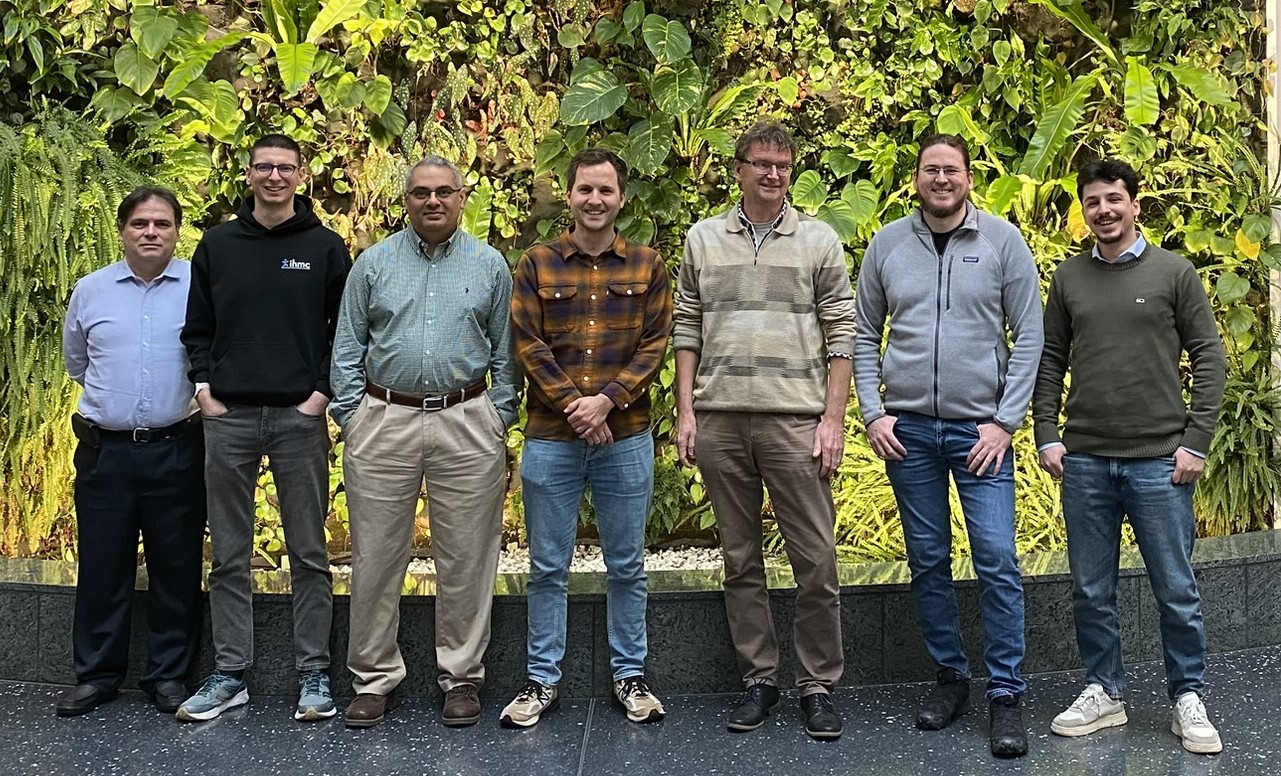
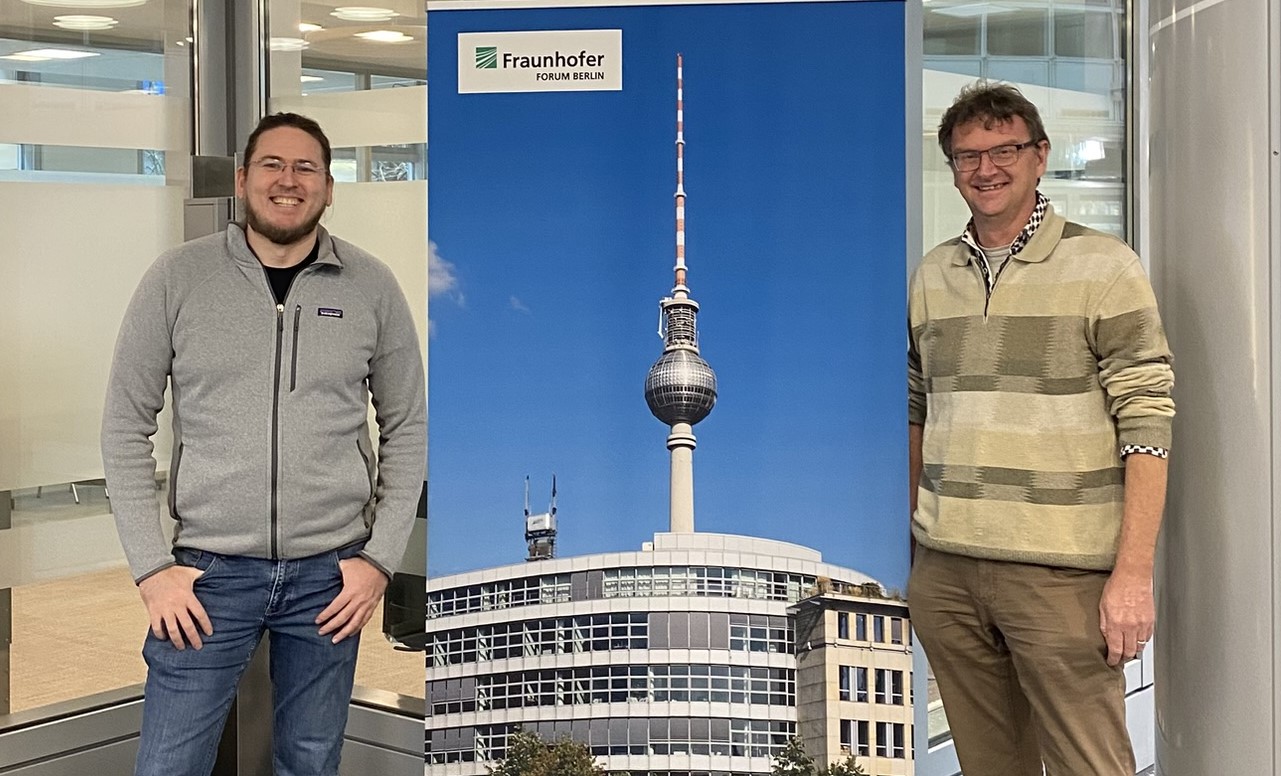
"How can clouds be operated in tactical networks? And how do you build the most efficient cloud infrastructures possible for a federation? These are questions that we are investigating in our international research group," explains Group Co-Chair Thomas Kudla. "Every nation wants to retain sovereignty over its hardware and cloud. Our goal is therefore the adaptive federation: independent clouds that interact as if they were one." The computer science graduate has been working in the "Information Technology for Command and Control Systems" research department at the Fraunhofer Institute for Communication, Information Processing and Ergonomics FKIE for ten years. From the very beginning, this included working in NATO research groups – according to Kudla, an extremely exciting and highly motivating task, especially in these geopolitically conflict-ridden times.
Anchoring in NATO STO
The NATO Science & Technology Organization (STO) is the central platform for multinational cooperation in research for defence and security. Under its umbrella, seven technical panels and a working group create the basis for common standards and concepts. Fraunhofer FKIE, as the leading German research institute for applied ICT in defence and security, is one of its strongest partners: the institute's scientists are significantly involved in the organization's almost 350 activities. In line with its own research priorities, Fraunhofer FKIE is particularly engaged in the Information Systems Technology (IST) Panel, that Kudla's research group is also assigned to.
"NATO work is a lot of fun," reports the scientist. "Six nations are involved in our group. The team is highly motivated. Everyone has the same goal and everyone contributes a piece of knowledge relevant to the project according to their own national research status. This is how great new knowledge is created." The work also brings together different cultures and perspectives: "By travelling, which has already taken me to Finland, France, Poland and Canada as well as the Netherlands and the USA, you naturally get to know the country and its people and come closer together as nations," says Kudla.
Incorporating AI and machine learning processes into cloud architectures
As Group Co-Chair, the computer scientist and senior software architect is primarily responsible for the technical design and software implementation. On top of that, he supports Group Chair Harrie Bastiaansen from the Netherlands Organisation for Applied Scientific Research (TNO) with the technical management of the team. Bastiaansen: "We conduct foundational research for NATO, analyzing state-of-the-art edge computing architectures and implementations, involving both research (academia) and industry. Our goal is to identify best practices and develop a reference architecture with capabilities and building blocks for deploying adaptive cloud technology in tactical edge networks, while also exploring the integration of application, AI and machine learning into these architectures." Prototypes of a federated cloud are currently being tested. Given the high practical relevance of the topic, Fraunhofer FKIE scientist Kudla is convinced that the project group will continue after its official end in April 2025.

